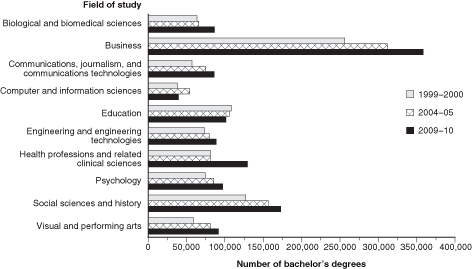haha.
You may of course be 100% correct, and me 100% wrong. I have always tended to follow my own determinations.
This is a different place, different time. What chances would you give Mrs. Thatcher of being elected president in the US today? And thinking about it, the UK looks a bit like a boomerang lately.1974 _2014. Not a straight line up, though I am giving a cherry picked starting point. Democratic countries have trouble dealing with prosperity, see Hyman Minsky on this.
Ha
I think it's always easy to say that "it was different there", or "this time it will be different", or "history is no predictor of the future", but I guess that I simply believe that "cometh the hour, cometh the man" is never just wishful thinking.

